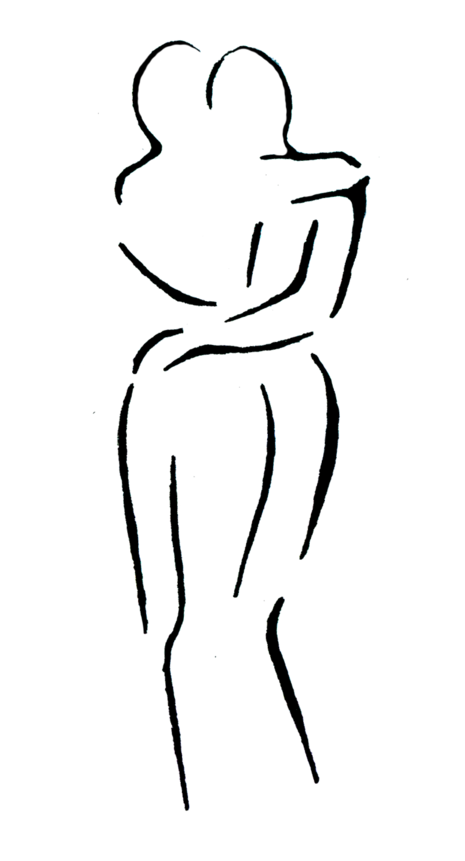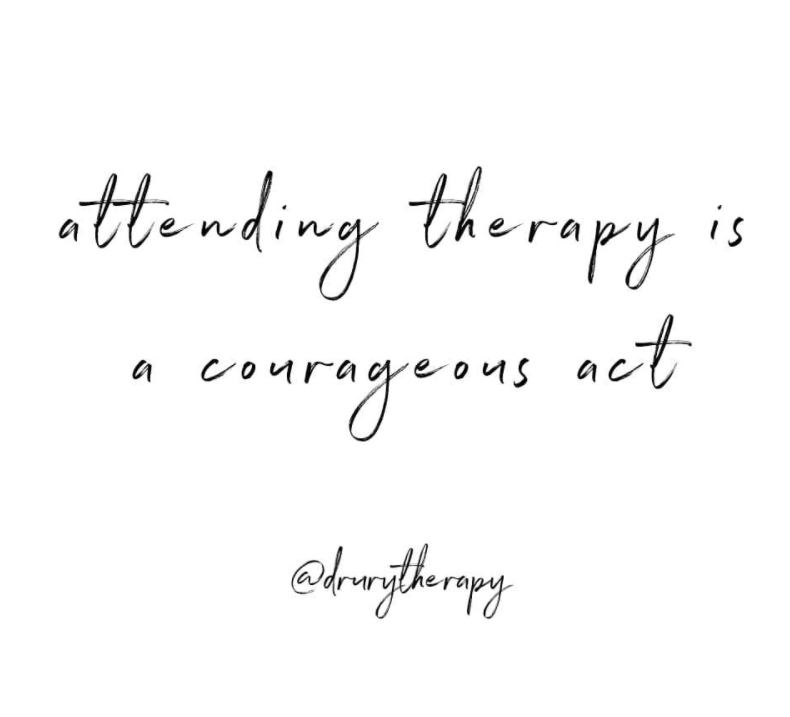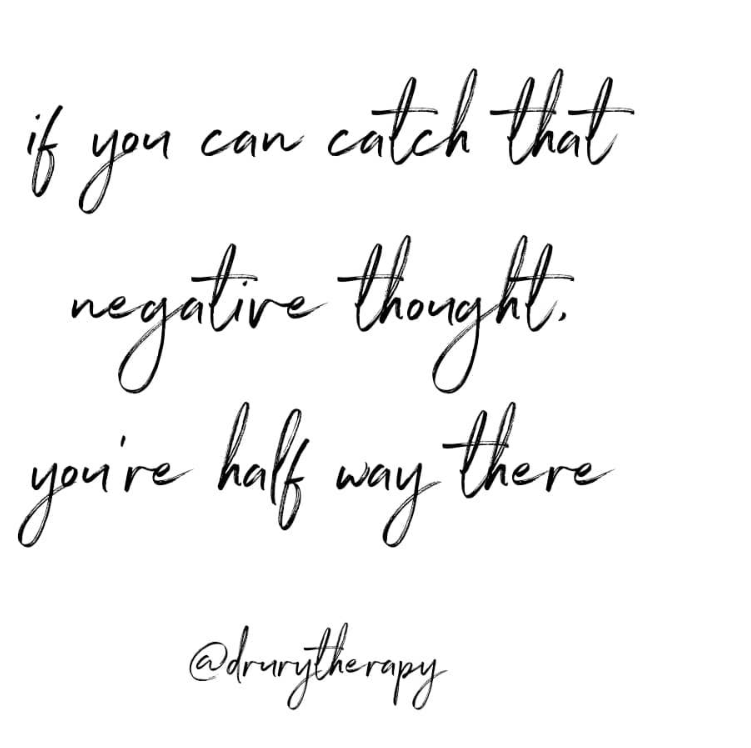The importance of being right.
If I can recommend anything to watch on Netflix and I can recommend a lot! Nanette by Hannah Gadsby is sitting at the top spot. Her ability to incorporate humour into a beautiful monologue about; trauma, internalized homophobia, misogyny, self-worth, mental health etc... is incredible. It's witty, intelligent, thought-provoking and relevant.
This quote in the picture is one of my favourites. One of the most prominent themes in our culture is the need to be right. It's something I work with regularly with couples in conflict. It erodes our ability to listen, reflect and learn. It is so deeply embedded in our culture, belief system and in the collective psyche that we never even pause to consider it. It would really serve us to inquire why it is more compelling to be right than to listen to others? Why is it more important to hold on to our pride than to show compassion? Why is it more important to hold onto our judgement than to learn? "We could paint a better world if we learnt to see it from all perspectives. Diversity is strength, difference is a teacher. Fear difference you learn nothing.




















